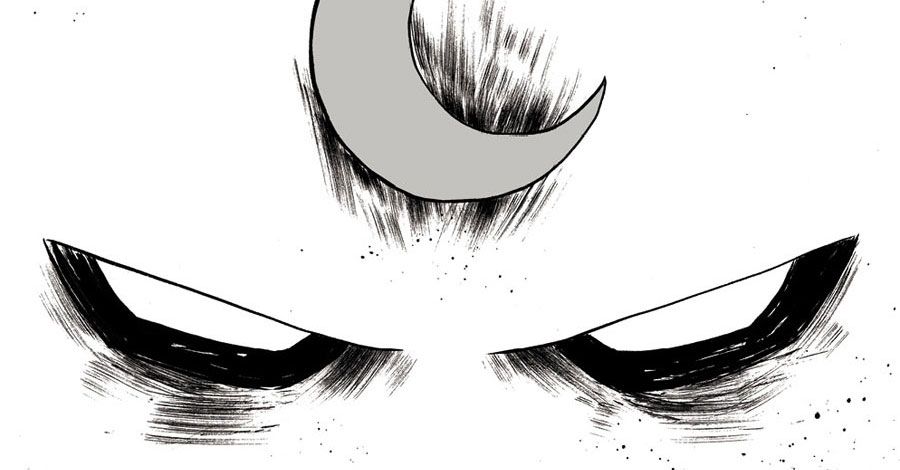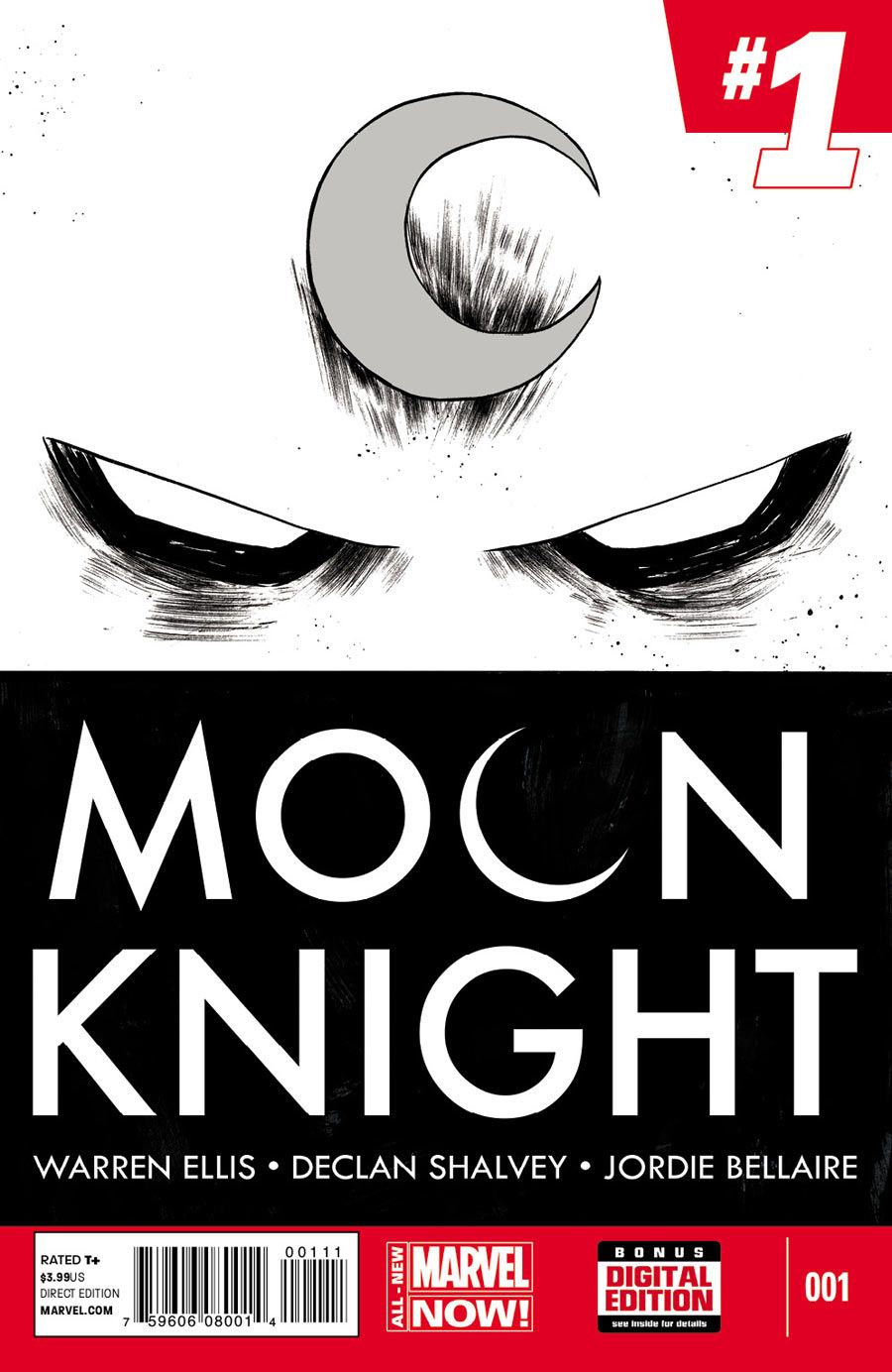One of the secrets to breaking into comics, at least according to Marvel Comics editors and creators, is to be cool on the Internet.
That's not just "be cool" as in "be really good at comics craftmanship," although that's also a prerequisite. It's "be cool" as in "Don't come off like a jerk," "Don't ignore your online presence" and "Show support for your comics peers."
"It's hard when you don't have a portfolio, or you don't have a body of work on the Internet," colorist Jordie Bellaire told attendees at Emerald City Comicon's "Breaking Into Comics the Marvel Way" panel in Seattle on Friday. "We live in a world where technology reigns supreme."
Bellaire and others on the panel -- including Jason Latour ("Wolverine & The X-Men"), Jason Aaron ("Thor," "Original Sin"), Charles Soule ("She-Hulk," "Thunderbolts") and Declan Shalvey ("Moon Knight") -- all came of age professionally as the Internet, and specifically social media, offered both new inroads and new potholes for enthusiasts hoping to get into the comics game. Shalvey, working in Ireland far from the centers of English-language comics publishing, sharpened his skills and built relationships through comics forums.
"Because everybody was a really good artist and wanted to push themselves, there was a lot of one-upmanship," Shalvey said. "... It was a time when everyone was looking at art blogs, and Twitter was starting, and I think a lot of editors saw that."
Once you start collecting your work on a personal blog, Tumblr or other web outlet, keeping it updated is key to impressing publishers, Shalvey said. "If your last post is a post from six months ago and nothing since, they're going to assume you no longer work or you're not motivated."
Aside from the exposure of putting one's own work online, there's also the feedback that comes along with it. Creators sharing their work need to get used to that, Latour said.
The Internet is "particularly valuable when it comes to the idea of your work not existing in a void," he said. "You need to be able to handle feedback, to have your work exist in a place that's not just your desk. ... At some point, these things you make are going to become real."
All this sharing is fine, said Marvel talent recruiter C.B. Cebulski, moderating the panel alongside Marvel executive editor Tom Brevoort. But the way it's shared and the tenor of online relationships, gets just as much scrutiny from potential publishers.
"You are establishing a persona for yourself online, and one of the things I would highly recommend is you use your real name," Cebulski said. .".. If Tom or I get an email from DarkElf31Rocks, that's really not something we're going to take very professionally."
"What if you're name actually is DarkElf31Rocks?" Soule wondered aloud.
That online person is a double-edged sword, Cebulski went on. Even if an editor likes your work, someone else in the hiring process may apply the brakes based on something objectionable in your posted content.
"That has become your virtual resume, and all that stuff gets reviewed by human resources, no matter what you're applying for," he said.
Soule, a practicing lawyer who wrote comics stories as a passionate sideline, found satisfaction on Brian Michael Bendis' Jinxworld message boards. There he practiced the art of short stories, concentrating on short bursts of story to fit a one-issue format rather than grand arcs encompassing several issues.
With some published stories under his belt, Soule began reaching out to comics editors at conventions. Making beelines for publishing higher-ups like Cebulski "didn't necessarily work that well, because nobody wants to be harangued," he said.
Soule now recommends a practice of seeking and following up responses from multiple publishers, rather than pressuring a handful of "dream" employers. "Cons are good for networking and relationships," he said. "I don't think they're necessarily good for pitching stuff."
Aaron's first publication at Marvel was by way of a contest, submitting a winning eight-page Wolverine story for a 2001 Marvel Talent Search program -- "which Marvel hasn't done since," he noted. It was a breakthrough, but didn't lead to long-term work with Marvel. Instead, he shopped work to many publishers, often making story submissions based on who was editing a given line of books.
"I started looking at books I wanted to read, I looked at the kind of books that I wanted to write, and I started looking for editors who fit that sensibility," he said. In part, that strategy helped him find work in DC's Vertigo line, including his original series "Scalped" and on "Hellblazer."
"Figuring out different editors to pitch to, part of that is figuring out who you are," Aaron said. "What is your style, what are your influences? Storywise, what kind of story are you dying to tell?"


